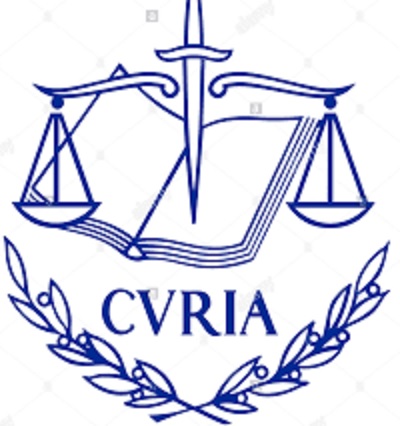
On Tuesday 14 December 2021, the Luxembourg-based Europan Court of Justice (ECJ) ruled that Bulgaria must issue an identity document (ID) or passport to the stateless child of a same-sex couple.
A Bulgarian national and her same-sex partner, residing in Spain since 2015, got married in 2018 and had a child in 2019. The child’s birth certificate issued by the Spanish authorities refers to both mothers as being the parents of the child.
In order to obtain a Bulgarian ID for the child, the Bulgarian mother applied for a birth certificate for the child from Sofia municipality (Bulgaria).
The Sofia municipality refused to issue the requested birth certificate because of the lack of information concerning the identity of the child’s biological mother in the application (applicant did not specify which of the two women gave birth) and in knowledge of two female parents on a birth certificate from Spanish authorities while Bulgarian public policy does not permit marriage between two persons of the same sex.
The Bulgarian parent lodged a court case at the Administrative Court of the City of Sofia (Administrativen sad Sofia-grad) against the refusal to issue a birth certificate.
The Administrative Court acknowledged that even without a birth certificate issued by the Bulgarian authorities, the child has Bulgarian nationality under, in particular, Article 25(1) of the Bulgarian Constitution. However, it was uncertain as to whether the refusal by the Bulgarian authorities to issue a birth certificate to a child born in another European Union (EU) Member State (Spain) and the attestation of a birth certificate referring to two mothers (from Spanish authorities) infringes the rights conferred by Articles 7, 24 and 45 of the EU Charter of Fundamental Rights. The Administrative Court consulted the ECJ on the issue.
The ECJ, in its judgement on the case C-490/20, recalled that in order to enable nationals of the Member States to exercise their right to move and reside freely within the territory of the Member States, a right which every EU citizen enjoys under Article 21(1) of the Treaty on the Functioning of the European Union (FFEU), Directive 2004/38 requires Member States, acting in accordance with their laws, to issue to their own nationals an ID card or passport stating their nationality.
The ECJ ruled that since the concerned child has Bulgarian nationality, the Bulgarian authorities are required to issue to her a Bulgarian ID card or passport stating her surname as it appears on the birth certificate drawn up by the Spanish authorities, regardless of whether a new birth certificate is drawn up.
The ECJ further clarified that since the Spanish authorities have lawfully established that there is a parent-child relationship (biological or legal) between the concerned child and her two parents and attested in the birth certificate, pursuant to Article 21 TFEU and Directive 2004/38, be recognised by all Member States as having the right, as parents of an EU citizen who is a minor and of whom they are the primary carers, to accompany that child when she is exercising her rights of free movement.
In regard to the same-sex parents, the ECJ noted that a person’s status is a matter which falls within the competence of the Member States, which are free to decide whether or not to allow marriage and parenthood for persons of the same sex under their national law. In exercising that competence, each Member State must comply with EU law, in particular the Treaty provisions on EU citizens’ freedom of movement and of residence, by recognising, for that purpose, the civil status of persons that has been established in another Member State in accordance with the law of that other Member State.








